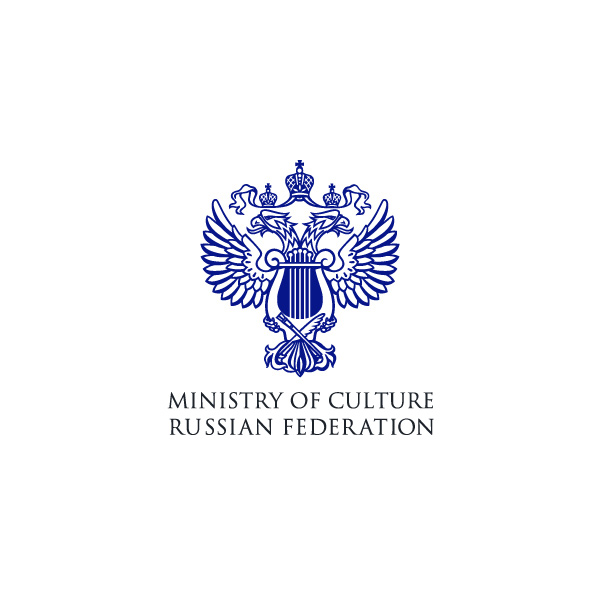Date: 23.02.2021
An intelligent ruler, brave commander, and gifted diplomat, Alexander Nevsky earned the respect of his contemporaries and has remained famous for centuries as one of the most prominent and holy Russian princes.
Alexander Nevsky lived a little over 40 years. At the age of 20, he defeated the Swedes in the Battle of the Neva, two years later he defeated the Livonian knights on Lake Peipsi. He prevented Catholics from colonising Russia; and instead he spread the Orthodox faith to the North and East. He turned the strongest enemy into an ally, made peace with the Golden Horde, and laid a solid foundation for the subsequent unification of the fragmented Russian principalities. In the famous 1938 film by Sergey Eisenstein, Alexander Nevsky sounded a stern warning to new aggressors, saying: ‘Whoever comes to us with a sword will die by the sword. The Russian land has stood and still stands on that!’ The image created by artist Nikolay Cherkasov, became for many years the ideal of a wise politician and brave defender of the Russian land. In 2008, out of 500 names proposed in the ‘Name of Russia’ project, Alexander Nevsky was chosen as the symbol of the nation.
The exhibition presents materials from RSAL’s collections reflecting the image of Alexander Nevsky in icon painting, literature, fine arts, and cinematography. The exposition has such rare materials as the 1871 edition of Old Russian Lives of the Saints by Vasily Klyuchevsky, engravings dating back to 1783 with portraits of Nevsky, illustrations from old foreign publications with views of ancient Novgorod, Kiev, and Vladimir, where Alexander Nevsky ruled in the 13th century.
There are no images of Nevsky created during his lifetime. When producing the prince’s image, artists used the verbal descriptions preserved in the annals and zhitiyah (old Russian: biographies).
In the 16th century, the Russian Orthodox Church canonised Alexander Nevsky. In the 18th century, Peter the Great put the merits of Alexander Nevsky as a great commander, who did not lose a single battle, above his spiritual victories, and established the Order of St Alexander Nevsky. Catherine I began to award the Order after Peter the Great’s death in 1725. The Order existed until 1917. In Soviet times, all imperial Russian awards were abolished, and only during the Great Patriotic War in 1942 was the Order of Alexander Nevsky reintroduced and awarded to the commanding staff of the Red Army.


